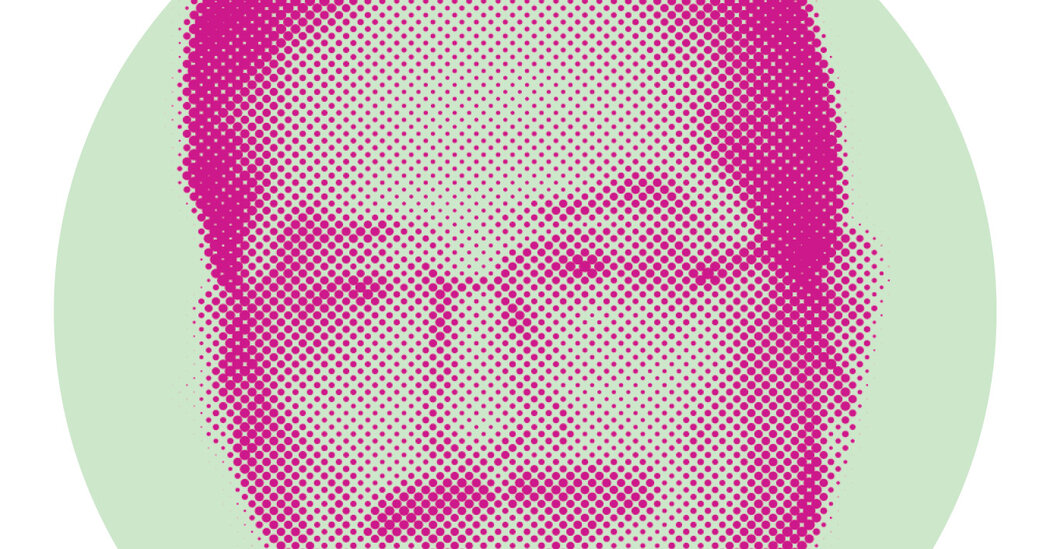Hiroyuki Sanada Lays Down His Sword for Shohei Ohtani and 10,000 Steps

Hiroyuki Sanada, the Japanese actor, martial artist and sword master, has sliced and diced his way through “Mortal Kombat,” “Westworld” and “Avengers: Endgame” and made it look easy.
In “Bullet Train,” the David Leitch-directed action thriller about five assassins with tangled missions stuck on a high-speed Tokyo train, it actually was.
“We put my ideas, David’s ideas, the choreographer’s ideas, the stunt guy’s ideas, and mixed them together on set,” said Sanada, with whom Leitch had worked as a stunt coordinator on “The Wolverine.” “We rehearsed two, three times and then shoot, shoot, shoot. Very smooth and fun. Especially since David already believed in my suggestions and skills.”
In a cast that includes Brad Pitt as one of the assassins, Sanada plays the Elder, a mysterious figure with unwavering edicts whose son (Andrew Koji) is onboard that train to avenge his child’s near-murder.
Premiering on Aug. 5, the film also, to Sanada’s delight, has a great sense of humor. To the point that when Leitch suggested a little strategic blood-dripping during a pivotal scene, Sanada yelled, “I love this movie!”
Since appearing in “The Last Samurai” with Tom Cruise in 2003, Sanada has routinely weighed in on the authenticity of film and TV depictions of Japanese culture. His latest projects include “John Wick: Chapter 4,” out in March, and “Shogun” for FX, updated for a more culturally sophisticated audience, in which he both stars and serves as a producer.
“Before, I was not the producer but doing the same thing,” he said, laughing, of his opinion-offering. “Twenty years later, I finally got a title.”
In a call from Los Angeles, Sanada elaborated on the things he finds necessary to maintaining a peaceful and healthy private life — the better to counter the mayhem he stirs up onscreen.
These are edited excerpts from the conversation.
1. Jazz When I was in my early 20s, I started listening to jazz because my favorite director, Makoto Wada, was a specialist and he used jazz in my movies. He taught me a lot of great musicians. The singer Mel Tormé. Of course, Miles Davis on the trumpet. And Ray Brown is my favorite bassist. Playing double bass became one of my hobbies — just a little, just for fun.
2. The baseball player Shohei OhtaniHe has a great talent, of course. And then he has a great manner, in the stadium or off or with fans. He’s very polite and a good model for the young generation. I started baseball when I was 8 or 9 and mostly played catcher. Interesting, that position, like the bass in the band. Maybe that’s why I’m enjoying producing and supporting others off-camera. I like [those positions] more than lead guitar. [laughs]
3. The redemptive power of sunsets Watching the sunset has been so healing for me since I was young. I’d done a lot of action movies at that time, and after dangerous scenes, on my way back in the car or the crew bus, sunsets healed me. After I started living in L.A., I stayed around the ocean and every day I watched the sunset. And I felt the same thing: “This ocean is linked to Japan. So if I fail in the U.S., I can go back any time.” Then the sunset healed me. I could survive.
4. The Japanese countryside of his childhood My mom’s family came from the island Amami Oshima, and they were fishermen. My dad’s family was based in Nagano in the mountains, and they were farmers. So I have agricultural blood. I was born in Tokyo, but I’m not a city boy per se. I believe that’s why California is very comfortable for me.
5. Oysters . . . Every time I shoot, I try to find the best oysters in town. I like Kumamoto oysters, maybe because of the name. And I love Kusshi too. Small but creamy and deep. Even if they’re fresh, I don’t eat oysters the day before shooting. I’ve never gotten sick from oysters, but just in case.
6. . . . with Wine I change the color for each meal — start with rosé and then move to white, or start with white and move to red. It depends on the mood. I have wine almost every night. Oysters and wine, that’s a perfect match for me.
7. Getting in 10,000 steps I love driving and exploring new places and then walking and taking some steps. I try to make 10,000 a day. Sometimes more, sometimes less, but that’s my basic aim. It’s so good for mental health and body health and refreshing and discovering.
8. Fishing When I was kid, I went fishing with my older brother and sometimes diving to get shellfish or lobsters. When I have a day off, I forget everything, relax and focus on fishing. Then I cook the fish myself. Sometimes I do a beachside barbecue and sometimes I bring it back home and make sashimi or sushi. Or boil. Or grill. Or smoke.
9. Gardening It’s a small garden, and actually it’s not outside. It’s near the kitchen by the window, and I grow a few kinds of herbs for cooking. Using my own produce in my dishes is one of my treats. Basil and mini tomatoes and shiso. Green onions and jalapeños. And mint. It’s good for a cocktail, too.
10. The golfer Hideki MatsuyamaWhen he won the 2021 Masters Tournament, I was so proud of him. He created a new history [by becoming the first Japanese man to win a major golf championship]. He also gave a dream to a young generation in Japan. That’s why [Ohtani and Matsuyama’s] playing gives me passion and motivation to continue shooting in the U.S. or in the world market. To break that wall [between East and West]. If young actors get some inspiration from my job, that would be great.